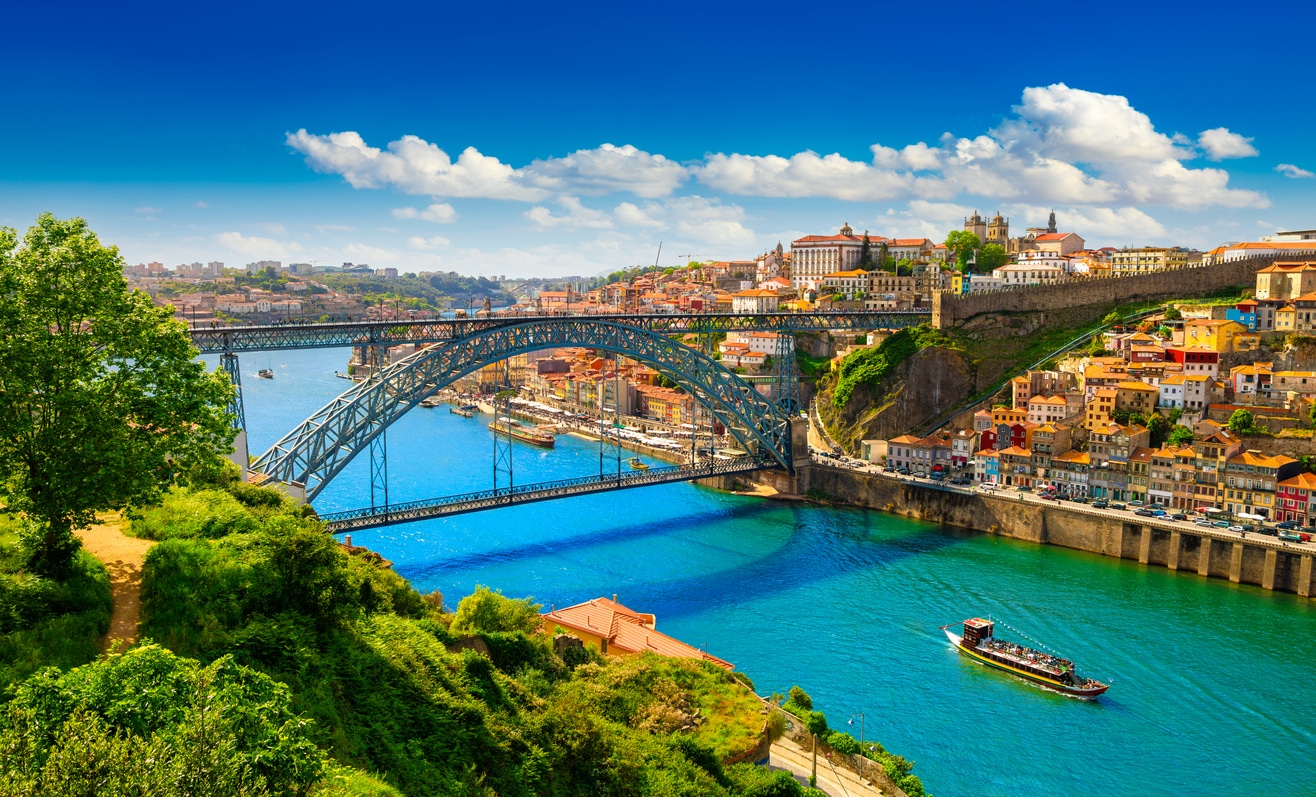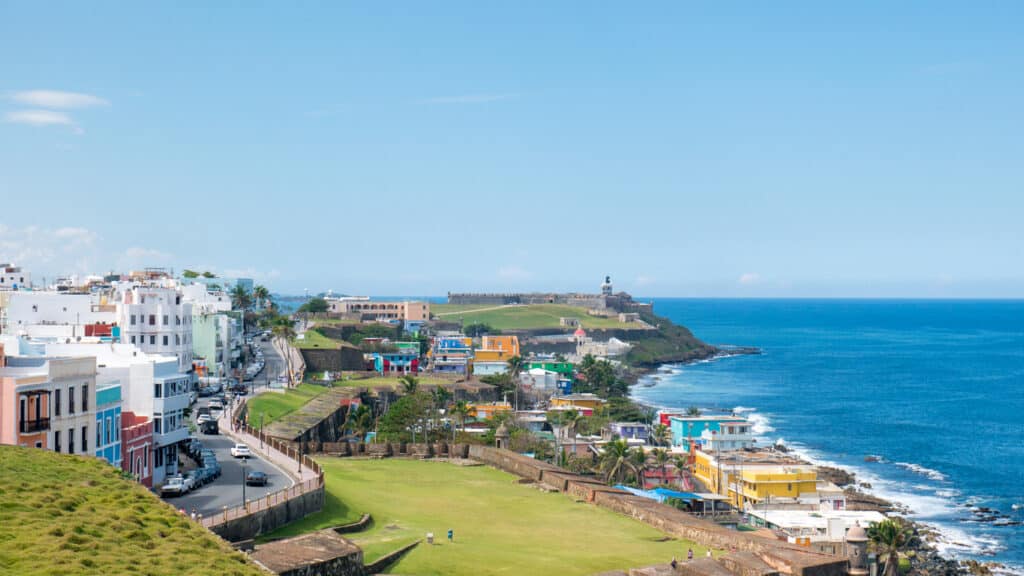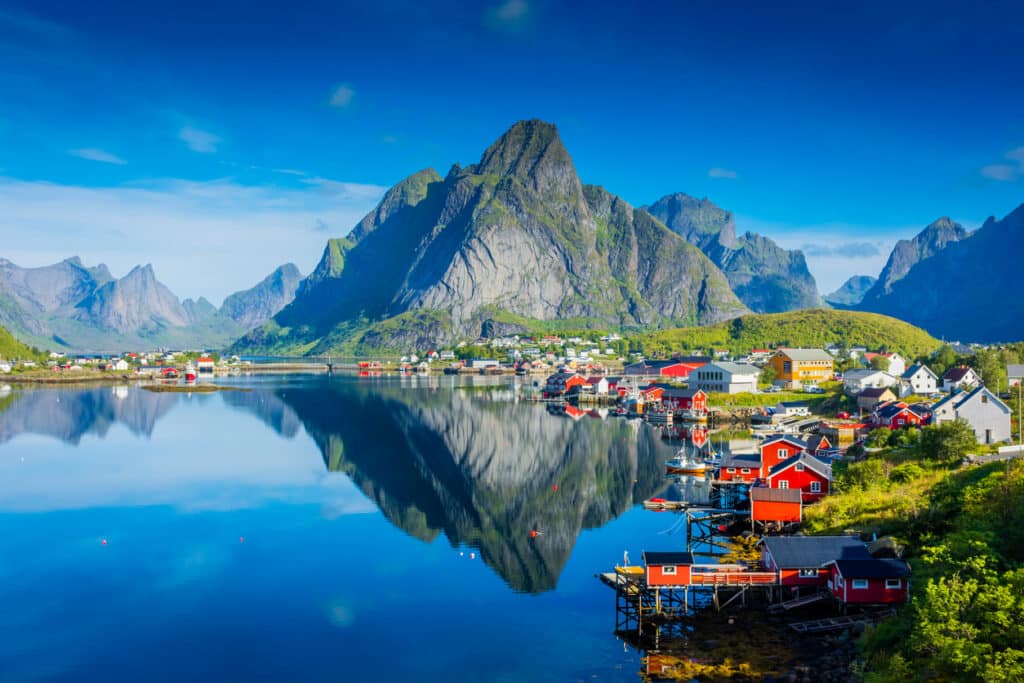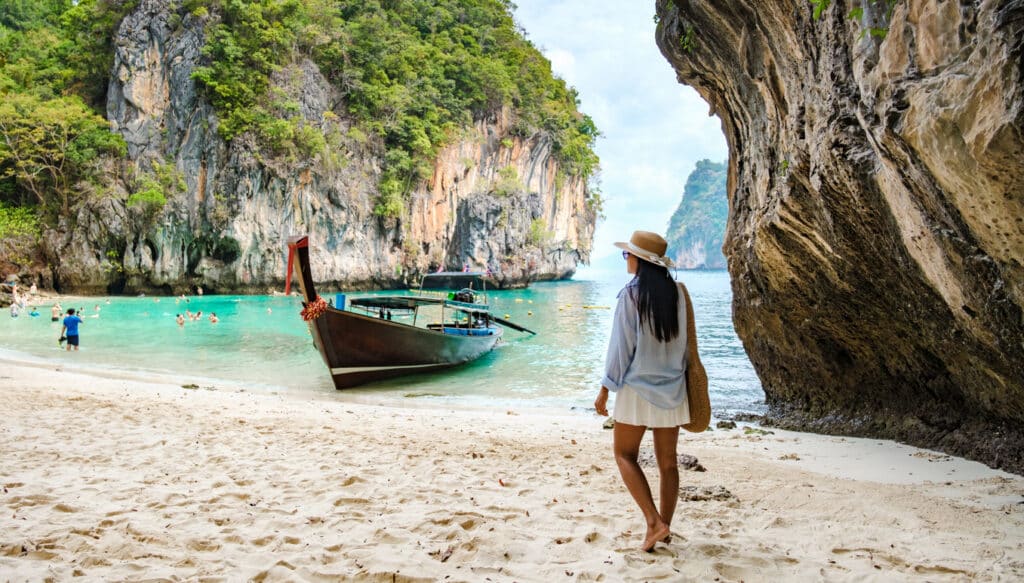If you’re considering a move to Portugal or just curious about life abroad, you’ve probably heard about the country’s famously “relaxed” approach to drugs. But what do the drug laws in Portugal actually say, and how do they work in practice? As a U.S. expat, understanding these laws is essential—not just for peace of mind, but for making informed decisions about your new home. Let’s break down the facts, clear up common myths, and explore what really happens if you’re caught with drugs in Portugal.
Understanding Portugal’s 2001 drug decriminalization policy: What actually changed
In 2001, Portugal made headlines worldwide by decriminalizing the personal possession and use of all drugs—from cannabis to heroin. But what does “decriminalization” really mean in the context of drug laws in Portugal?
Before 2001, drug possession was a criminal offense, often resulting in jail time. The new policy shifted the focus from punishment to public health. Now, if you’re caught with a small amount of drugs (defined as a ten-day personal supply), you won’t face criminal charges. Instead, your case is handled as an administrative matter, not a criminal one.
This change was driven by a desire to address Portugal’s drug crisis with compassion and pragmatism. The government recognized that addiction is a health issue, not a moral failing. By removing the threat of jail, Portugal aimed to encourage people to seek help without fear of legal consequences.
It’s important to note that drug trafficking, dealing, and possession of large quantities remain serious criminal offenses. The decriminalization policy is strictly for personal use in small amounts.
Decriminalization vs. legalization: Clearing up common misconceptions
One of the biggest misunderstandings about drug laws in Portugal is the difference between decriminalization and legalization. These terms are often used interchangeably, but they mean very different things.
Decriminalization means that possessing small amounts of drugs for personal use is not a crime, but it’s still illegal. You won’t go to jail, but you could face administrative penalties, such as fines or mandatory treatment. The drugs themselves are still confiscated, and you may be required to appear before a special panel (more on that below).
Legalization, on the other hand, would mean that drugs are legal to possess, use, and possibly even sell, with regulations similar to alcohol or tobacco. Portugal has not legalized any drugs. Buying, selling, or possessing large amounts is still a criminal act, and there are no legal avenues for purchasing drugs.
For U.S. expats, this distinction is crucial. Just because you won’t be prosecuted for small-scale possession doesn’t mean you can use drugs openly or without consequence. The law is designed to reduce harm, not to encourage drug use.
What happens when you’re caught with drugs in Portugal?
So, what should you expect if you’re found with drugs in Portugal? Here’s how the process typically unfolds:
- Police encounter: If you’re stopped by police and found with a small, personal-use amount of drugs, the substances will be confiscated. You won’t be arrested or taken to jail for possession alone.
- Referral to the Dissuasion Commission: Instead of criminal court, you’ll be referred to a “Comissão para a Dissuasão da Toxicodependência” (Commission for the Dissuasion of Drug Addiction). This is a panel made up of legal, health, and social work professionals.
- Assessment and recommendations: The commission will assess your situation. Are you a casual user, or do you show signs of dependency? Based on this, they may recommend:
- A warning
- A small fine
- Community service
- Mandatory treatment or counseling (especially if you’re found to be dependent)
- Suspension of professional licenses (in rare cases)
For most first-time or casual users, the outcome is usually a warning or a minor administrative penalty. The process is designed to be non-judgmental and supportive, not punitive.
However, if you’re caught with amounts above the legal threshold, or if there’s evidence of trafficking, you could face serious criminal charges, including imprisonment.
The health-led approach: Treatment and rehabilitation over punishment
Portugal’s drug laws are rooted in a health-led philosophy. The goal is to treat drug use as a public health issue, not a criminal one. This approach has led to significant improvements in public health, including lower rates of drug-related deaths, HIV infections, and overall drug use among young people.
If you’re struggling with substance use, the system is designed to help, not punish. The Dissuasion Commission can connect you with treatment programs, counseling, and social support. There’s a strong emphasis on rehabilitation and reintegration, rather than stigmatization.
For U.S. expats, this means you’ll find a more compassionate and pragmatic approach to drug use in Portugal than in many other countries. However, it’s still important to respect local laws and understand that decriminalization is not a free pass. Responsible behavior and awareness of the law are key to a safe and positive expat experience.
Ready to navigate expat life with confidence?
Moving abroad comes with its own set of challenges—understanding local laws is just the beginning. When it comes to your U.S. tax obligations, you deserve expert guidance that’s as clear and supportive as Portugal’s approach to public health. Let us help you simplify your expat taxes, so you can focus on enjoying your new adventure.
Frequently Asked Questions
-
Are drugs legal in Portugal?
No, drugs are not legal in Portugal. The drug laws in Portugal decriminalize personal possession of small amounts, but drugs remain illegal and trafficking is still a criminal offense.
-
What happens if a U.S. expat is caught with drugs in Portugal?
If you’re caught with a small, personal-use amount, you’ll be referred to a Dissuasion Commission for assessment. You won’t face criminal charges, but you may receive a warning, fine, or be offered treatment.
-
Can I buy drugs legally in Portugal?
No. The sale and purchase of drugs are still illegal under drug laws in Portugal. Decriminalization only applies to possession of small amounts for personal use.
-
Does decriminalization mean there are no penalties?
Not exactly. While you won’t be prosecuted criminally for small amounts, you may still face administrative penalties, such as fines or mandatory counseling.
-
How do Portugal’s drug laws affect expats?
The laws apply equally to locals and expats. As a U.S. expat, you should be aware that decriminalization is not the same as legalization, and responsible behavior is expected.

 Connect on LinkedIn
Connect on LinkedIn

